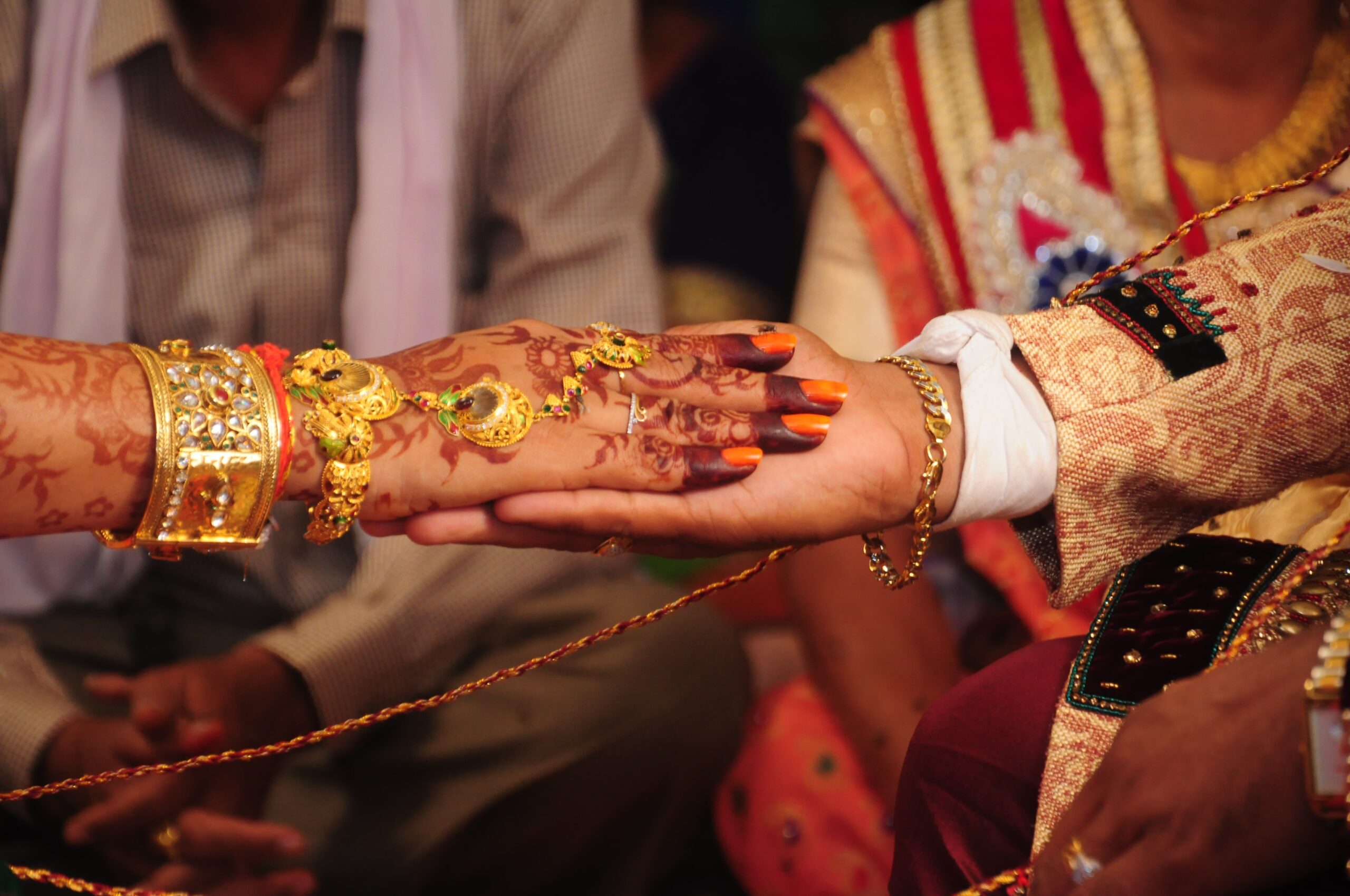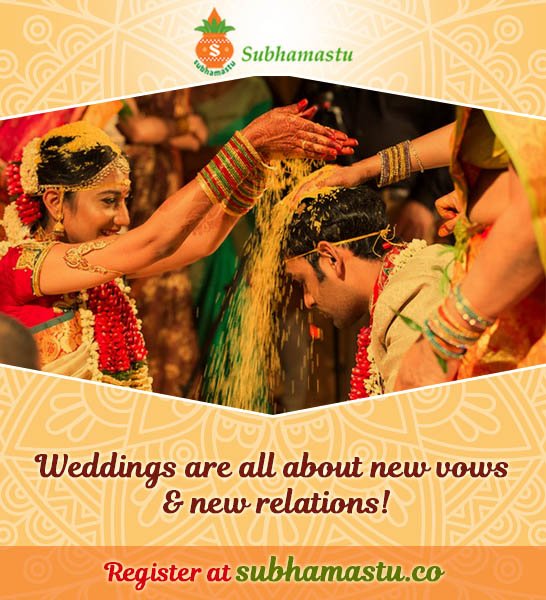The Kamma community, like many other communities in India, strongly believes in the power of ancestors and their blessings. One of the unique aspects of Kamma community marriages is taking permission from ancestors on the day of the marriage. This tradition holds great significance and is considered an essential part of the wedding rituals.
In this article, we will explore the importance of taking permission from ancestors and the customs associated with it.
Importance of Ancestors in Kamma Community
The Kamma community, like many other Indian communities, strongly believes in the concept of ancestors. They believe that the blessings of ancestors are essential for leading a successful and prosperous life. Ancestors are revered and respected in Kamma community, and their memories are kept alive by performing various rituals.
Taking Permission from Ancestors on the Day of Marriage
Taking permission from ancestors on the day of the marriage is an age-old tradition in the Kamma community. It is believed that seeking the blessings and permission of ancestors can bring good luck and prosperity to the couple. It is considered a crucial ritual that cannot be skipped or ignored.
The ritual involves setting up a temporary shrine for the ancestors. The shrine is decorated with flowers, fruits, and other offerings, and a priest is invited to perform the puja. The bride and groom offer prayers and seek blessings from their ancestors, asking for their permission and blessings for the wedding.
The priest also performs a puja for the ancestors, seeking their blessings for the couple. The bride and groom then offer pinda pradhanam, which is a ritualistic offering of rice balls to their ancestors. The rice balls are then offered to the crows, which are considered the messengers of ancestors.
Customs Associated with Taking Permission from Ancestors
Taking permission from ancestors is not just about seeking blessings and permission; it is also about showing respect and gratitude towards them. There are several customs associated with this ritual, and they vary from region to region. Here are a few common customs associated with taking permission from ancestors:
- Inviting Ancestors: Before the wedding, the couple invites their ancestors to attend the wedding. A small shrine is set up in the house, and the couple performs daily prayers and offerings to their ancestors.
- Seeking Permission: On the day of the wedding, the couple seeks permission from their ancestors to get married. They offer prayers and perform rituals to seek blessings and permission.
- Offering Pinda Pradhanam: The couple offers pinda pradhanam, which is a ritualistic offering of rice balls to their ancestors. The rice balls are then offered to the crows, which are considered the messengers of ancestors.
- Remembering the Ancestors: The couple remembers their ancestors during the wedding ceremony and seeks their blessings. They also light candles or lamps in memory of their ancestors.
Significance of Taking Permission from Ancestors
Taking permission from ancestors on the day of the marriage is considered an important ritual in the Kamma community. It is believed that seeking blessings and permission from ancestors can bring good luck and prosperity to the couple. Here are some of the reasons why taking permission from ancestors is significant:
- Seeking Ancestors’ Blessings: The ancestors are believed to have a powerful influence on the lives of their descendants. Seeking their blessings is considered essential to lead a happy and prosperous life.
- Showcasing Respect: Taking permission from ancestors is a way of showing respect and gratitude towards them. It is an acknowledgment of their contributions to the family and society.
- Maintaining Family Ties: Taking permission from ancestors is also a way of maintaining family ties and traditions. It is a reminder of the importance of family and the role of ancestors in shaping the family’s destiny.




